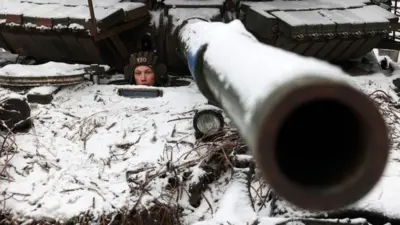We've updated our Privacy and Cookies Policy
We've made some important changes to our Privacy and Cookies Policy and we want you to know what this means for you and your data.
Police dog units merge across three police forces
Image source, Durham Police
Three neighbouring police forces are set to merge their dog units into one service.
The move by the Durham, Cleveland and North Yorkshire forces is expected to reduce costs across the three areas by ÂŁ3m over five years, according to a North Yorkshire Police spokesperson.
The integrated unit will come into force in summer 2016.
It is not known yet whether the merger will see the number of police dogs reduced across the three forces.
It will be decided in the summer whether some police dogs will be retired, however if some dogs are let go from the forces the number will be small, a spokesperson said.
Police dogs support operations including tracking people, finding criminals and discovering explosives.
and merged their dog units earlier in the year and South Yorkshire Police and Humberside Police have also agreed to join their police dog units.
Police forces have had to make substantial savings as part of public spending cuts over the past five years. A last week said forces were planning to reduce spending by 15% by 2018 and shed at least 12,000 posts - including those of 7,400 officers and 1,300 community support officers.
Highly specialised training is needed for some police dog tasks and the three forces say they currently have a limited number of police dogs with the skills.
The initiative would allow the dogs and their handlers to be trained in the same way and would give the forces more police dogs per shift, the spokesperson said.
The Integrated Dog Support Unit is also said to give greater access to specialist police dogs when covering particular types of operations.
Ron Hogg, the Police and Crime Commissioner for Durham, said: "This decision will save money and secure the police dogs function for the future."
Cleveland Police Chief Constable Jacqui Cheer said: "Criminals don't recognise borders, and we need to stay one step ahead by equipping and strengthening our specialist teams in cross-border working."
Top Stories
More to explore
Most read
Content is not available








